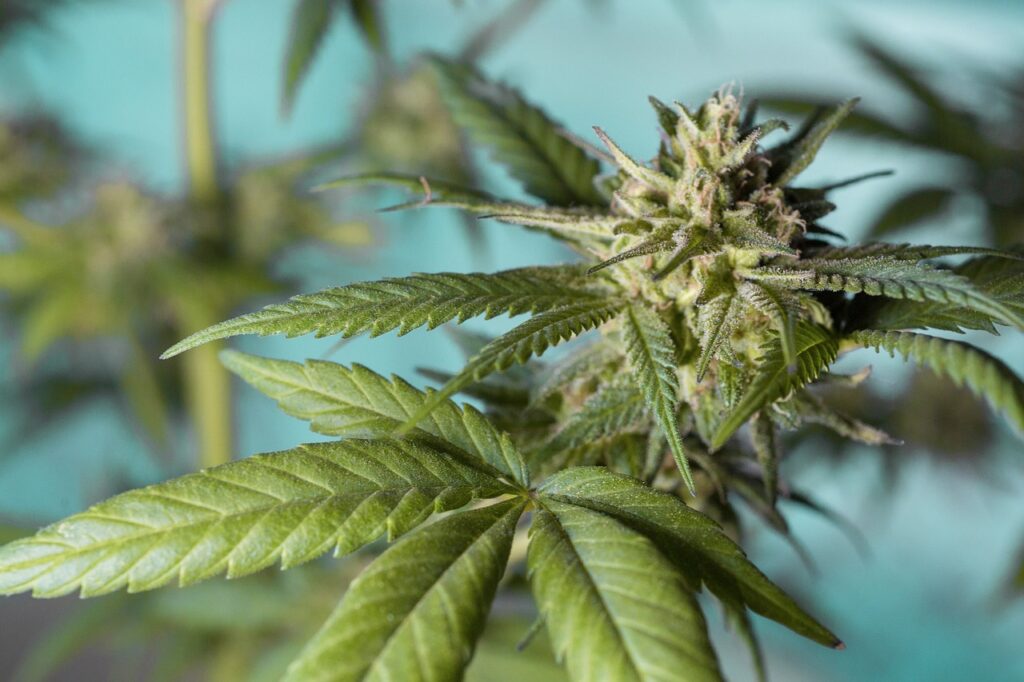The world of cannabis is vast and varied, with numerous compounds offering a range of benefits. Among these, THCA (tetrahydrocannabinolic acid) has gained attention for its potential therapeutic properties. Unlike its more famous counterpart THC, How to store THCa flower properly is non-psychoactive, making it an attractive option for those seeking relief without the high.
Understanding THCA: The Basics
THCA is a cannabinoid found in raw and live cannabis plants. It is the precursor to THC, the compound responsible for the psychoactive effects of cannabis. When cannabis is heated through smoking, vaping, or cooking, THCA undergoes decarboxylation, converting into THC. This transformation is why raw cannabis does not produce the same effects as its heated counterpart.
Non-Psychoactive Nature
One of the most appealing aspects of THCA is its non-psychoactive nature. This means that users can experience potential health benefits without the mind-altering effects associated with THC. This characteristic makes THCA a promising candidate for therapeutic use, especially for individuals who wish to avoid the high.
Potential Health Benefits of THCA
Research into THCA is still in its early stages, but preliminary studies and anecdotal evidence suggest several potential health benefits. These include:
- Anti-Inflammatory Properties: THCA may help reduce inflammation, making it a potential option for those suffering from conditions like arthritis and other inflammatory diseases.
- Neuroprotective Effects: Some studies suggest that THCA may have neuroprotective properties, which could be beneficial for neurodegenerative diseases such as Alzheimer’s and Parkinson’s.
- Anti-Emetic Effects: THCA has shown promise in reducing nausea and vomiting, which could be helpful for patients undergoing chemotherapy or those with chronic conditions that cause nausea.
- Antioxidant Properties: As an antioxidant, THCA may help protect cells from damage caused by free radicals, potentially reducing the risk of chronic diseases.
Case Studies and Research
While comprehensive clinical trials are limited, several studies and case reports highlight the potential of THCA. For instance, a study published in the British Journal of Pharmacology found that THCA exhibited anti-inflammatory and neuroprotective effects in animal models. Another study in the Journal of Clinical Psychopharmacology reported that THCA reduced nausea and vomiting in patients undergoing chemotherapy.
These findings, though preliminary, provide a foundation for further research into the therapeutic applications of THCA. As more studies are conducted, a clearer picture of its benefits and mechanisms of action will emerge.
Consumption Methods
To harness the benefits of THCA, it is typically consumed in its raw form. This can be achieved through various methods:
- Juicing: Fresh cannabis leaves and flowers can be juiced to create a nutrient-rich beverage that retains THCA.
- Tinctures: Alcohol or oil-based tinctures can be made from raw cannabis, allowing for easy dosing and consumption.
- Capsules: THCA capsules provide a convenient way to consume the cannabinoid without the need for preparation.
Legal Considerations
The legal status of THCA varies by region. In some areas, it is considered legal due to its non-psychoactive nature, while in others, it falls under the same regulations as THC. It is important for consumers to be aware of local laws and regulations regarding cannabis and its derivatives.
Challenges and Future Directions
Despite its potential, several challenges remain in the study and application of THCA. The lack of extensive clinical trials means that much of the evidence is anecdotal or based on animal studies. Additionally, the legal landscape can hinder research efforts and access to THCA products.
Future research should focus on conducting rigorous clinical trials to better understand the therapeutic potential of THCA. As the legal environment evolves, increased access to cannabis for research purposes will likely lead to more comprehensive studies and a deeper understanding of this intriguing compound.
Conclusion
THCA presents a promising avenue for therapeutic applications, offering potential benefits without the psychoactive effects of THC. While research is still in its infancy, early findings suggest that THCA may have anti-inflammatory, neuroprotective, anti-emetic, and antioxidant properties. As interest in cannabis-based therapies grows, further studies will be crucial in unlocking the full potential of THCA and integrating it into mainstream medical practice.


